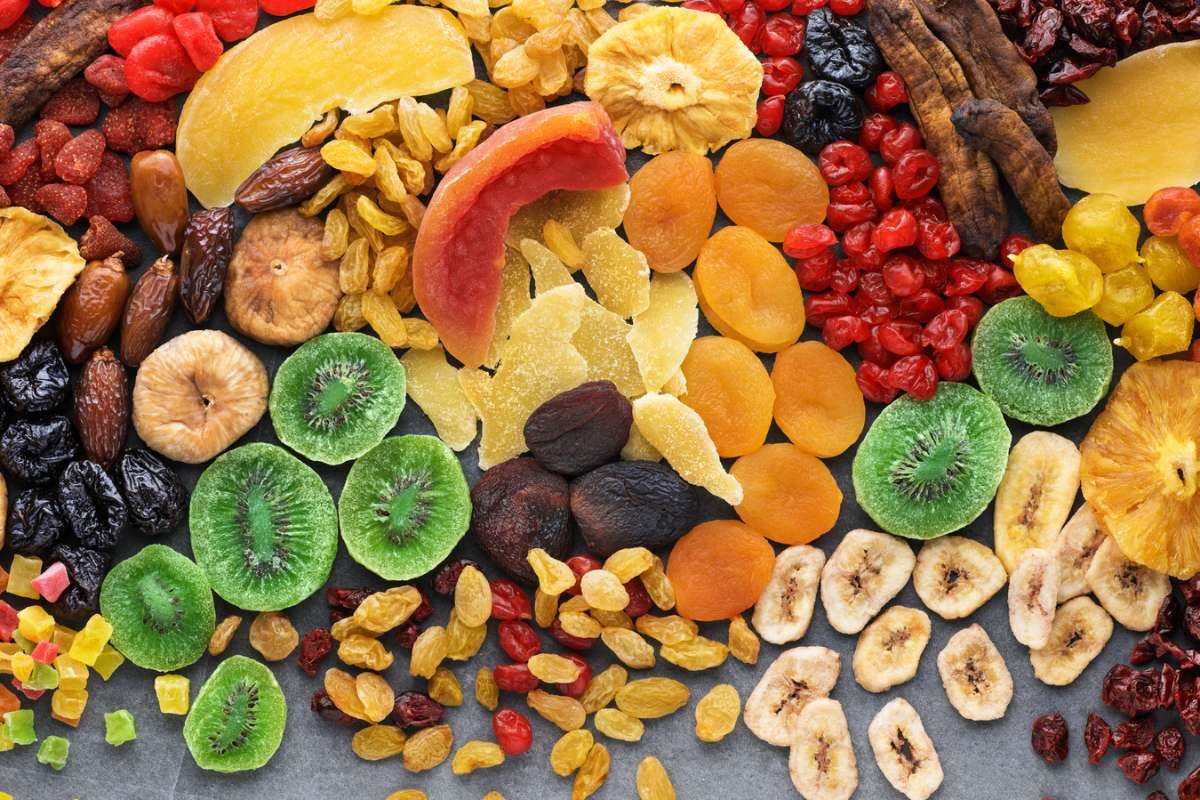A new study suggests that ultra-processed foods such as chips, soda, and hotdogs may significantly increase the risk of stroke and cognitive decline. These findings add to the growing body of research linking these foods to a variety of health issues, including diabetes, depression, and even death.
Key Findings from the Study
Researchers tracked over 30,000 participants aged 45 and older for an average of 11 years. They selected 14,175 participants to study cognitive decline and 20,243 for stroke, ensuring none had prior histories of these conditions. By the end of the study period, 768 participants had been diagnosed with cognitive impairment, and 1,108 had experienced a stroke.
The study, published in the journal Neurology, found that participants who consumed 10% more ultra-processed foods had a 16% higher risk of cognitive impairment. Conversely, those who consumed more unprocessed and whole foods saw a 12% reduction in their risk. Similarly, greater consumption of ultra-processed foods was associated with an 8% increase in stroke risk, while a diet richer in unprocessed foods was linked to a 9% decreased risk.
Black participants were particularly vulnerable, with those consuming high amounts of ultra-processed foods showing a 15% increased risk of stroke.
What Are Ultra-Processed Foods?
Ultra-processed foods undergo extensive processing and often contain extracted substances such as fats, added sugars, and starches. These foods typically include many added ingredients and undergo multiple processing steps, such as molding and extrusion. Examples of ultra-processed foods include soda, chips, candy, store-bought ice cream, hot dogs, cereal, fries, and canned soup.
In contrast, processed foods are those that have been altered from their natural state by adding substances like salt, sugar, or oil but are not necessarily harmful. Examples include packaged bread, cheese, canned beans, tofu, and canned tuna. Unprocessed foods, on the other hand, are whole foods with minimal added ingredients, such as fruits, vegetables, milk, meat, nuts, whole grains, and eggs.
Ultra-Processed Foods in the American Diet
Ultra-processed foods constitute a significant portion of the American diet, accounting for nearly 58% of total calories consumed and contributing to almost 90% of the energy derived from added sugars, according to a 2020 study published in BMJ.
Health Implications and Background
Previous research has consistently linked ultra-processed foods to various health conditions. A comprehensive review of 45 studies found that consuming these foods is associated with over 30 health issues. A study by the National Institutes of Health revealed that participants on a high ultra-processed food diet consumed approximately 500 more calories per day and gained an average of two pounds over 28 days compared to those on a minimally processed diet.
The risk of developing diabetes increases by 15% for every 10% rise in ultra-processed food intake. Moreover, a Harvard-led study indicated that women consuming at least nine servings of ultra-processed food daily had a 50% higher risk of developing depression. Additionally, a report published earlier this month in BMJ found that individuals with the highest intake of ultra-processed food had a 4% higher risk of all-cause mortality.
Recommendations for Reducing Ultra-Processed Food Consumption
To reduce the intake of ultra-processed food, health experts recommend shopping around the perimeter of grocery stores, where fresh items are usually located, while processed and ultra-processed products are typically found in the inner aisles. Making conscious food choices and focusing on whole, minimally processed foods can help mitigate the risks associated with ultra-processed food consumption.









